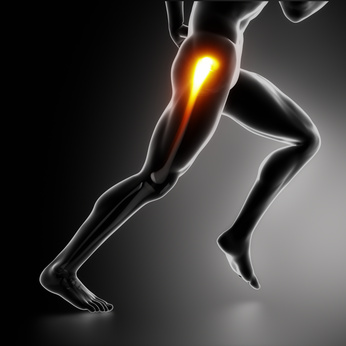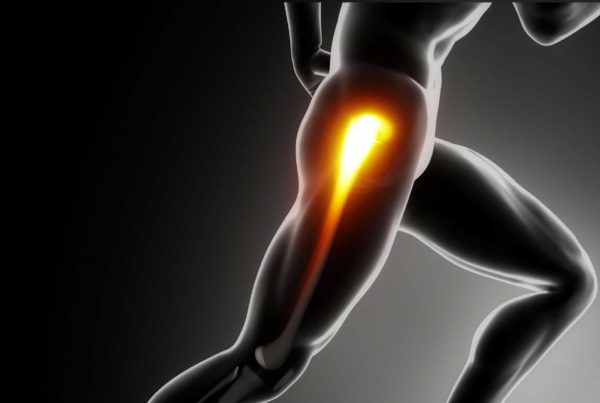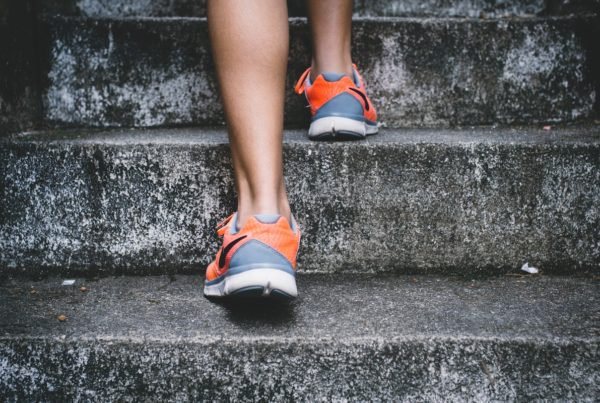Preventing Golf Injuries: Expert Tips from Your In-Home Physiotherapy Team
Golf is more than just a leisure activity—it’s a game of skill, strategy, and physical coordination. While it may seem low-impact compared to other sports, golf can place significant stress on your body, particularly if you’re playing frequently, have poor mechanics, or lack conditioning. At Home Comfort Physiotherapy, we specialize in helping golfers stay pain-free and improve performance with personalized in-home physiotherapy care.
Below, we’ll cover the most common golf-related injuries and share detailed, actionable tips to help you stay healthy on (and off) the course.
Common Golf Injuries We See
Despite its relaxed pace, golf involves repeated swings, twisting, bending, and walking—sometimes for several hours. The most common injuries we treat include:
-
Golfer’s Elbow (medial epicondylitis): Overuse of the forearm muscles can cause pain on the inner elbow.
-
Lower Back Strain: The rotational force of the golf swing can stress the lower back, especially in players with weak core muscles or poor posture.
-
Rotator Cuff Injuries: Repetitive overhead movements and poor swing mechanics may lead to shoulder impingement or tears.
-
Wrist Tendinitis: Quick, repetitive wrist movements during the swing can inflame tendons.
-
Knee Pain: Pivoting and uneven terrain can strain the knees, particularly in players with past injuries or poor alignment.
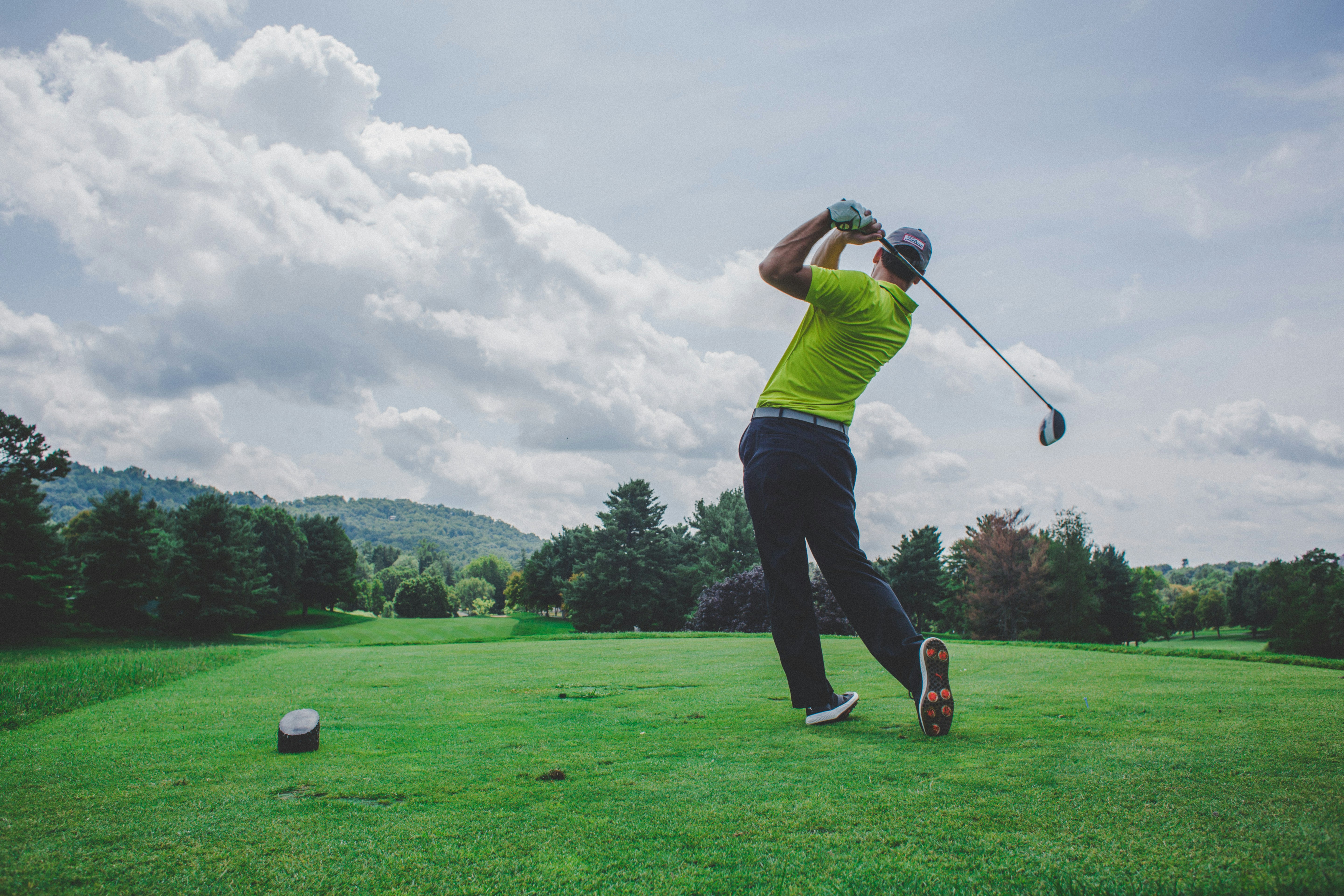
5 Essential Tips for Golf Injury Prevention
1. Prioritize a Dynamic Warm-Up
Many golfers skip warm-ups or settle for a few practice swings. That’s a recipe for injury.
Instead, perform a 5–10-minute dynamic warm-up focused on mobility, circulation, and muscle activation. Try:
-
Arm swings and circles to loosen the shoulders.
-
Torso twists to activate your core and prepare for rotational movement.
-
Hip openers like walking lunges or hip circles to improve mobility.
-
Leg swings front-to-back and side-to-side to prep the hips and lower body.
These movements stimulate your nervous system, increase flexibility, and get your joints ready to move. This routine can dramatically reduce muscle strain and joint stress—especially during those first few holes.
2. Build Core Strength and Improve Flexibility
Your core is the engine of your golf swing. A weak or unstable core can put extra stress on your lower back, shoulders, and hips.
We recommend integrating these exercises into your weekly routine:
-
Planks (front and side): Develop endurance and core stability.
-
Dead bugs and bird-dogs: Improve coordination and spine control.
-
Glute bridges: Activate the posterior chain, critical for power and posture.
On the flexibility side, pay attention to the thoracic spine (upper back), hips, and shoulders. Golfers benefit immensely from:
-
Thoracic rotations and extensions
-
Hip flexor and hamstring stretches
-
Shoulder wall slides
Maintaining flexibility allows for a full, smooth swing without compensating with awkward or forced movements that increase injury risk.
3. Refine Your Swing Mechanics
No amount of strength or stretching will fully protect you if your swing is inefficient. Common swing faults—like over-swinging, early extension, or poor wrist timing—can lead to repeated strain on key joints.
Consider the following:
-
Work with a golf pro to analyze and refine your technique.
-
Book a physiotherapy assessment that includes movement screening and biomechanical analysis. We offer in-home evaluations that include posture, alignment, and mobility testing—all tailored to the unique needs of golfers.
Correcting poor movement patterns early can dramatically reduce wear and tear on the body while also improving your game.
4. Pace Yourself and Allow Recovery
Golfers, especially during peak season or after long layoffs, often overdo it. Going from no play to 18 holes several times a week can quickly lead to overuse injuries.
To avoid this:
-
Gradually increase volume—start with 9 holes or limited range sessions and build up.
-
Include recovery days in your weekly routine, particularly if you’re also doing strength training or cardio.
-
Use ice, massage, or light stretching post-play to reduce inflammation and muscle tightness.
Your body needs time to adapt. Consistent overuse is one of the top contributors to chronic golf injuries, especially in older adults.
5. Use Proper Equipment and Footwear
Your golf clubs, grips, and shoes all impact your performance and your body mechanics.
-
Clubs should match your height, strength, and swing speed. Improper shaft flex or grip size can force compensation through the wrists or elbows.
-
Footwear matters. Supportive golf shoes can reduce knee and ankle stress, especially during long rounds or on uneven terrain.
-
Don’t ignore grip wear. A slippery or worn grip can cause you to over-tighten your hold, increasing wrist and forearm tension.
Consider a professional club fitting, and make sure your gear is helping—not hindering—your body.
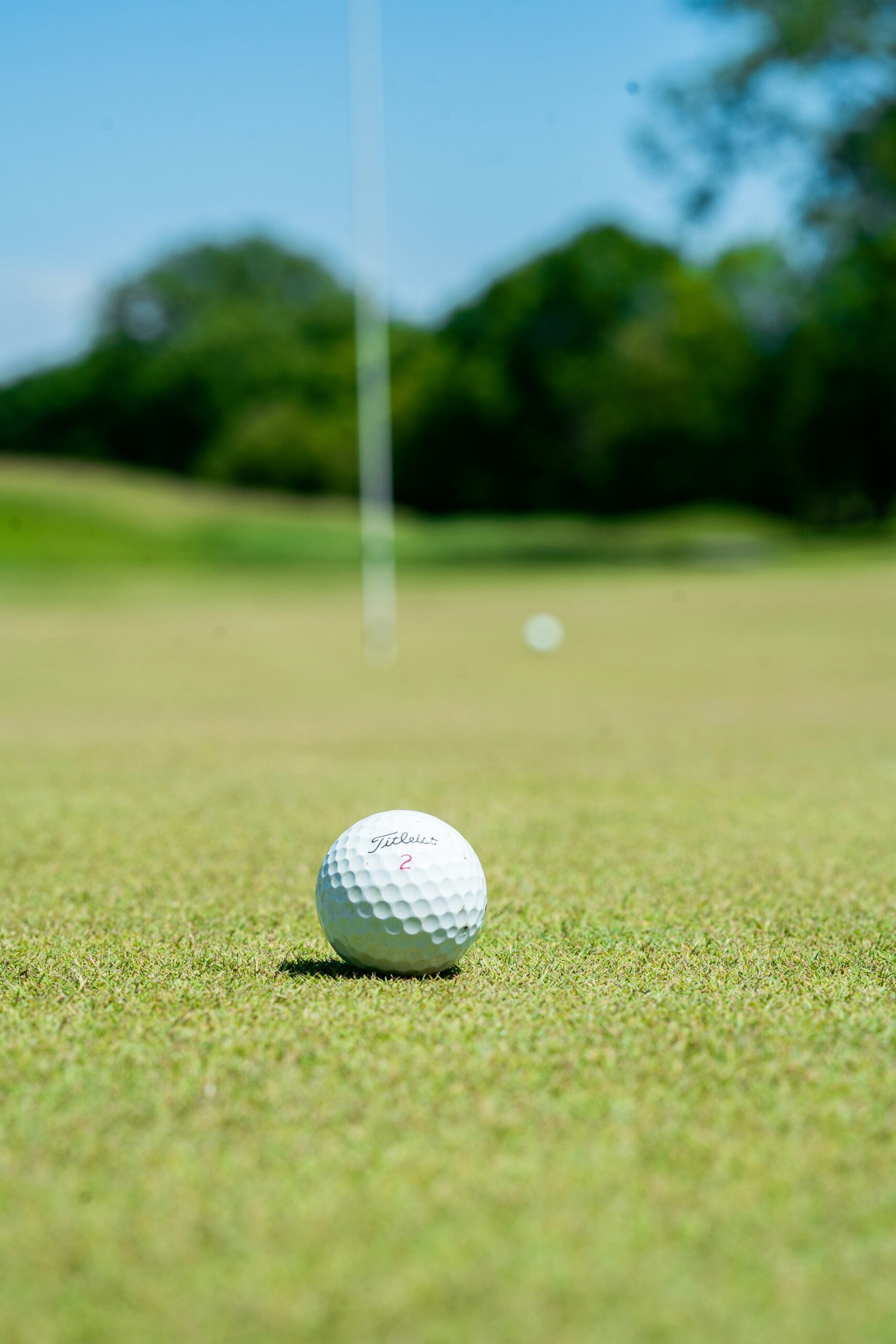 How In-Home Physiotherapy Can Help Golfers
How In-Home Physiotherapy Can Help Golfers
At Home Comfort Physiotherapy, we understand that your time is valuable and your health is a priority. We bring high-quality, personalized physiotherapy to you—where you’re most comfortable. Whether you’re preparing for golf season, recovering from an injury, or looking to improve your mobility and swing mechanics, we’ve got you covered.
Our golf-specific services include:
-
Comprehensive mobility and posture assessments
-
Core and balance training tailored for golfers
-
Swing biomechanics coaching
-
Hands-on therapy for pain relief and tissue recovery
-
Custom home exercise programs to enhance strength, mobility, and endurance
Our goal is to help you enjoy golf with confidence, strength, and without fear of injury.
Ready to Improve Your Game and Stay Injury-Free?
Let’s work together to keep you on the course and out of the clinic. Contact us today at 6478647823 or visit www.homecomfortphysio.com to book your in-home physiotherapy session. Whether you’re recovering from an injury or want to prevent one, we’ll bring expert care right to your door.
Disclaimer Notice Warning: All information provided Eric Hammer, Registered Physiotherapist/registered psychotherapist is of a general nature and is furnished only for educational/entertainment purposes only. No information is to be taken as medical or other health advice pertaining to any individual specific health or medical condition. You agree that use of this information is at your own risk and Eric Hammer, Registered Physiotherapist/registered psychotherapist harmless from any and all losses, liabilities, injuries or damages resulting from any and all claims.
